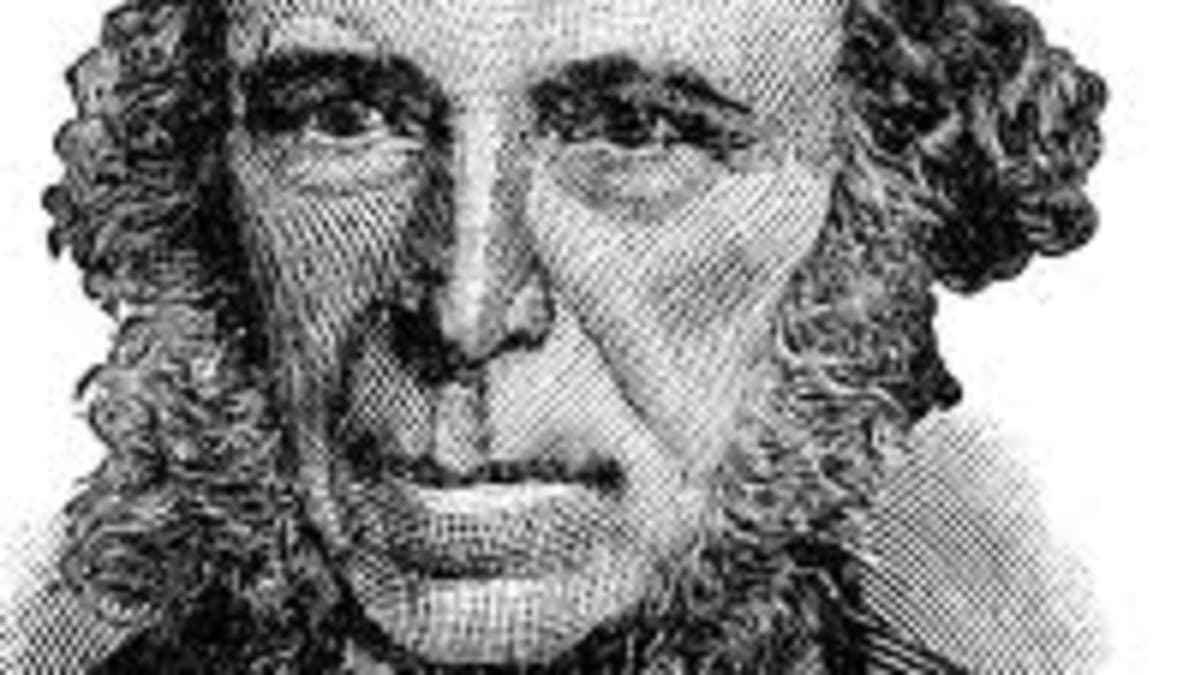This theological conflict had pretty well run its course by the beginning of the twentieth century. More important in the long run was the use made of some of Darwin’s basic concepts in debates on matters moral, economic, and political.
The blanket term Social Darwinism covers these transfers of ideas from biology to the social sciences and human relations. The central idea that social and political thinkers took over from Darwin was that of competition among individuals and groups.
Most of these late-nineteenth-century thinkers interpreted the human struggle as a battle for the means of livelihood in which the variations that counted were those that brought success in economic, political, and cultural competition— variations that produced inventors, business moguls, and statesmen. Darwin’s work in natural history confirmed the economists’ doctrine of laissez faire and the liberals’ doctrine of individual freedom.
Here was scientific validation of the middle-class conviction that the universe was designed to reward hard work, attention to duty, thrift, intelligence, and self-help, and to punish laziness, waste, stupidity, sexual promiscuity, and reliance on charity. Above all, Darwin seemed to vindicate the notions that the poor were poor because they were unfit, badly prepared by nature for living a competitive life, and that efforts by private charity or by state action to take from the well-to-do and give to the poor were useless attempts to reverse the course of evolution. Herbert Spencer (1820-1903) summed up this view:
Of man, as of all inferior creatures, the law by conformity to which the species is preserved, is that among adults the individuals best adapted to the conditions of their existence shall prosper most, and that individuals least adapted to the conditions of their existence shall prosper least. . . . The ultimate result of shielding men from folly is to fill the world with fools. *
Spencer later decided that the emotions promoted by religion—kindness, compassion, love—were also in accord with the intentions of the laws of the universe as summed up in evolution. Mutual extermination might be the law for tigers, but not for human beings. Indeed, Spencer and many other Social Darwinists held that the altruistic moral sentiments that impel one toward acts of charity were the highest achievement of the evolutionary process.
The Social Darwinists were, then, faced with this primary difficulty: Darwin seemed to have shown that the struggle for life within a given species and among rival species was the law of the universe; but human history and human feelings showed that humanity could not look on suffering with indifference. One way out of this dilemma was to humanize and ease the struggle, so that who held this view turned to eugenics, or selective breeding.
Since, according to strict Darwinian theory, acquired characteristics were not transmitted by heredity, no amount of manipulation of the social environment, no amount of wise planning of institutions, would alter human beings. Therefore, the only way to secure permanent improvement of the race was by deliberate mating of the fit with the fit.
The eugenicists, however, immediately ran up against the fact that in choosing a mate the individual human being is influenced by many motives, and no master breeder can decide who shall mate with whom. Eugenicists have urged that the feeble-minded, the insane, the pathologically criminal be prevented from having children. Only a tiny handful of human beings have undergone such treatment, and then usually in dictatorships where the safeguards of democracy did not apply.
A greater effect might possibly result from testing human fetuses in the early stages of pregnancy and aborting those destined to have serious birth defects. However, such attempts run directly counter to deeply held religious convictions about the sanctity of life from the moment of conception. The clash between the ethics of science and the ethics of religion continues in complex ways to the present day.

